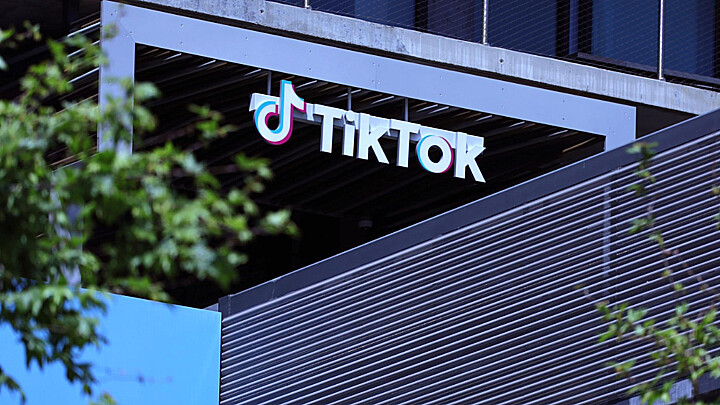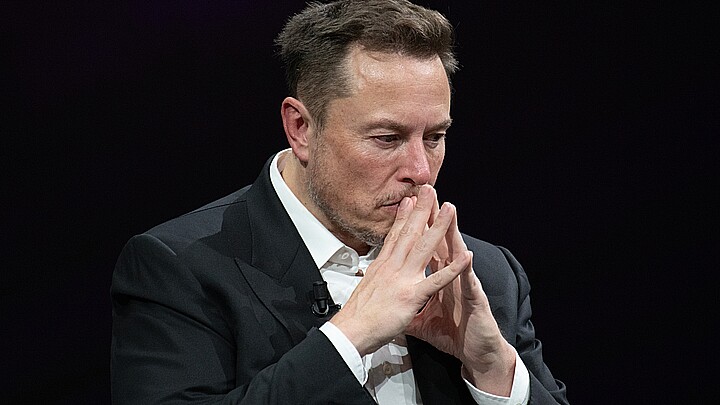Technology
Japan and Netherlands join U.S. in blocking China from advanced chipmaking tech
U.S. allies like the European Union, Japan and South Korea had initially declined to join the Biden administration's controls, fearing retaliation from a large trading partner.

December 13, 2022 5:11pm
Updated: February 19, 2023 2:20pm
Japan and the Netherlands, who are key players in the chipmaking industry, have agreed in principle to join the U.S. in tightening controls over the export of advanced machinery to China on Monday.
In October, the Biden administration announced a series of measures aimed at preventing foreign firms from selling advanced chips to China or supplying Chinese firms with the technology required to make their own.
“This will set the Chinese back years,” one tech and cybersecurity expert told Reuters at the time.
U.S. allies like the European Union, Japan and South Korea had initially declined to join the controls.
Japan and the Netherlands’ change of heart is significant because they, along with the U.S., control the market for chip-making machinery, according to Naked Capitalism. This effectively cuts China off from all avenues to import the tools required to manufacture their own microprocessors.
South Korea has been hesitant to join the White House because some of its companies have plants in China (Japan does not).
China is also among the largest buyers of semiconductor products made by South Korea and Japan, accounting for about 40% of exports from each country.
Beijing has responded by filing a complaint with the World Trade Organization and threatened to restrict the export of rare earth minerals required for chipmaking. Most of the world’s rare earth processing takes place in China, but the U.S. and its allies have been working to establish their own supplies.
Nikkei Asia reports that such retaliation would be devastating for Japan.
“If 80% of Japan’s imports from China — about 1.4 trillion yen ($9.4 billion) worth, including raw materials and parts — were disrupted for two months, Japan would not be able to produce a wide range of products, including home appliances, cars, resins, clothing and food products,” the paper wrote in October.
The Netherlands had been trying to resist U.S. pressure on the topic, partially because China is its third largest trade partner after Germany and Belgium.
ASML, the Dutch company that manufactures the most advanced chipmaking machines in the world, recently accused a former Chinese employee of stealing critical technology for Beijing.
Taiwan, a semiconductor giant, has also signaled it will go along with the White House restrictions. The European Union has attempted to negotiate, agreeing to be tougher on China if the Biden administration cuts back on the $369 billion in subsidies to American manufacturers in the recently passed Inflation Reduction Act.










